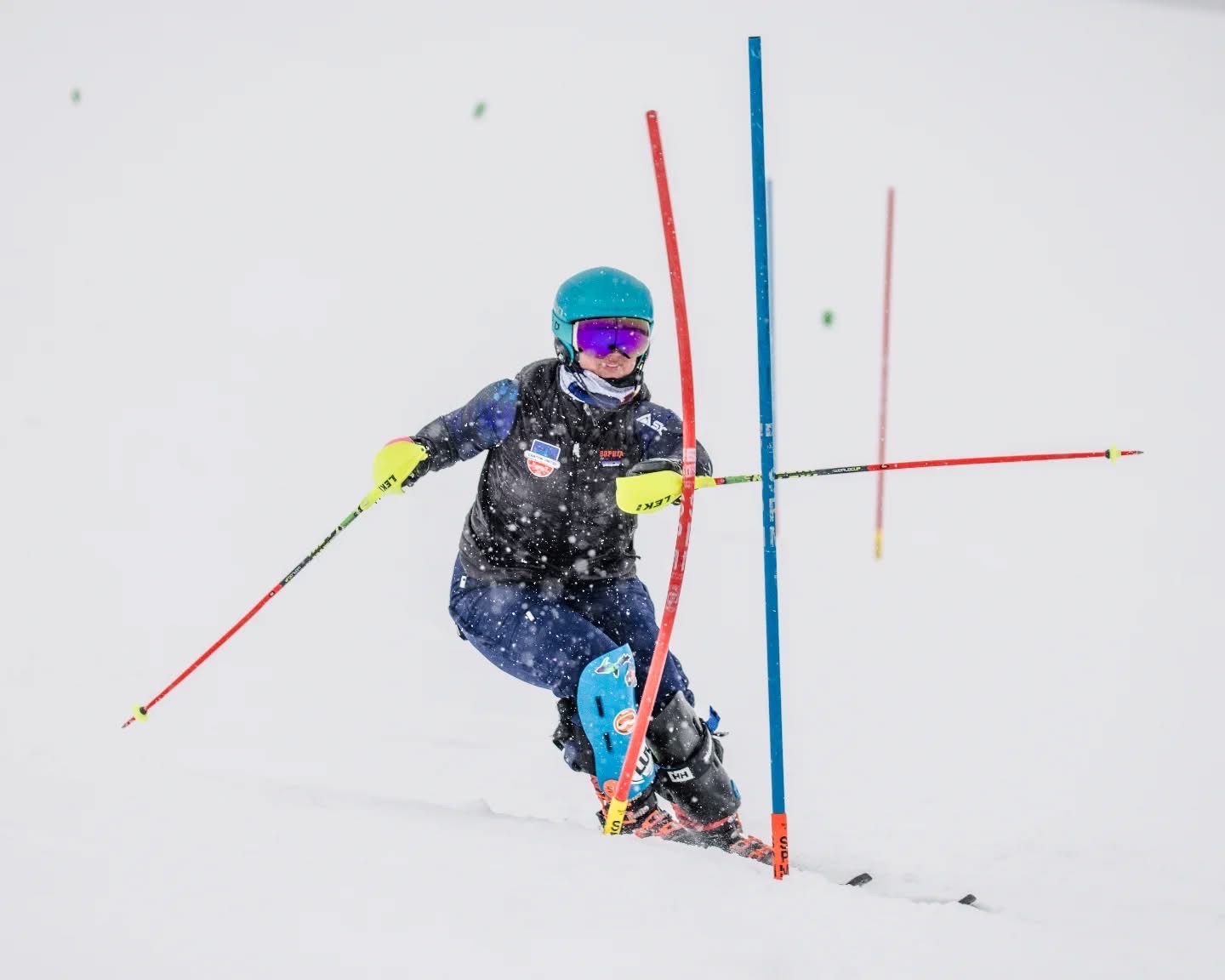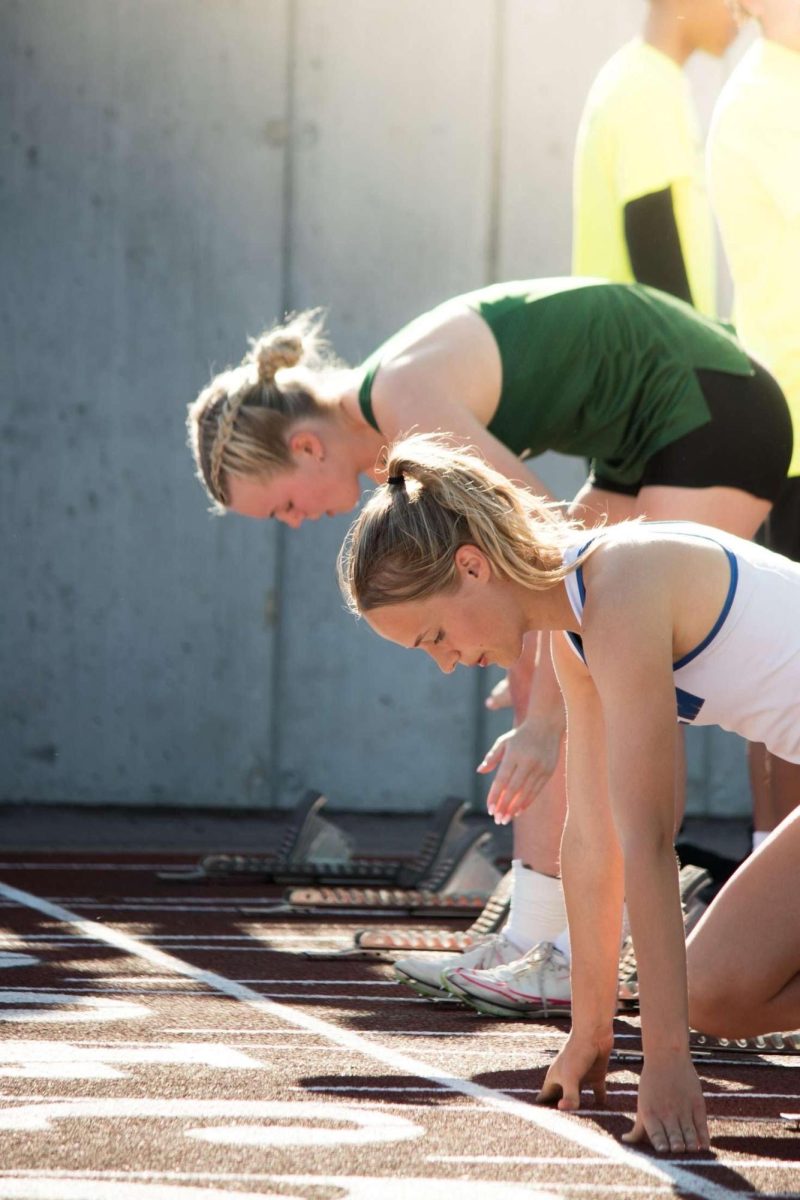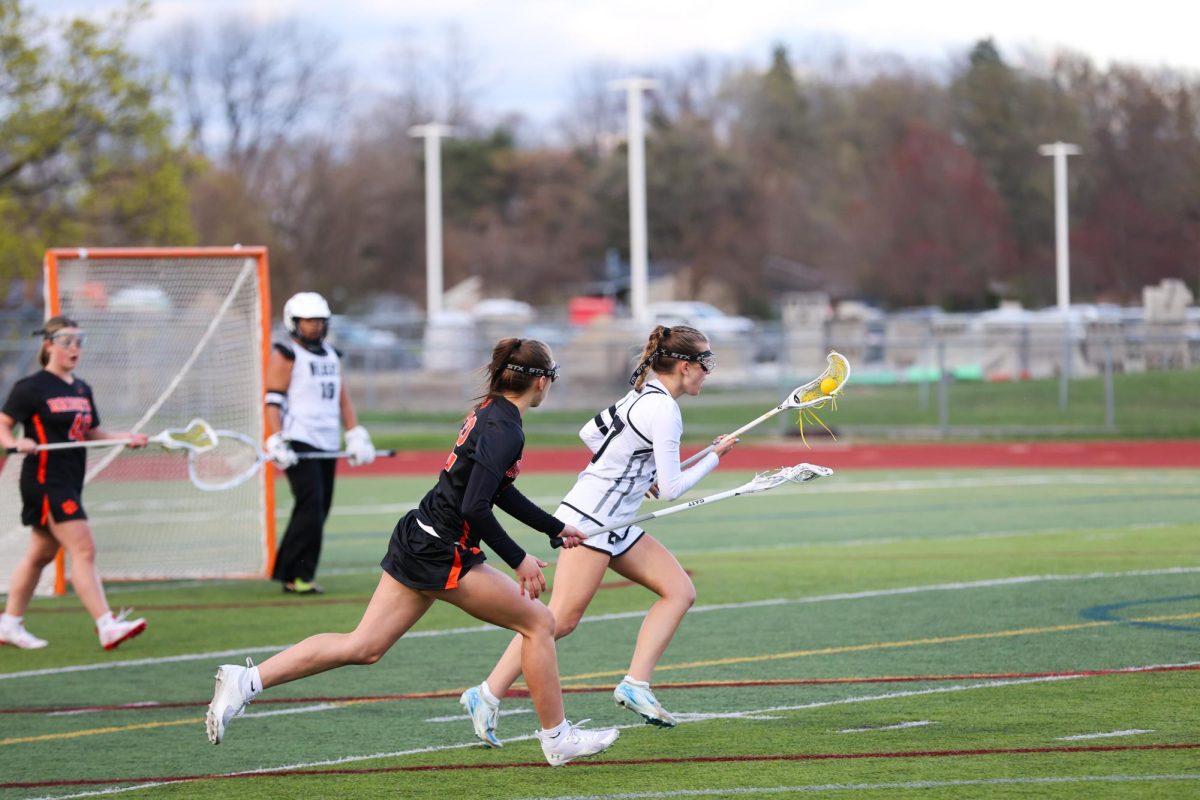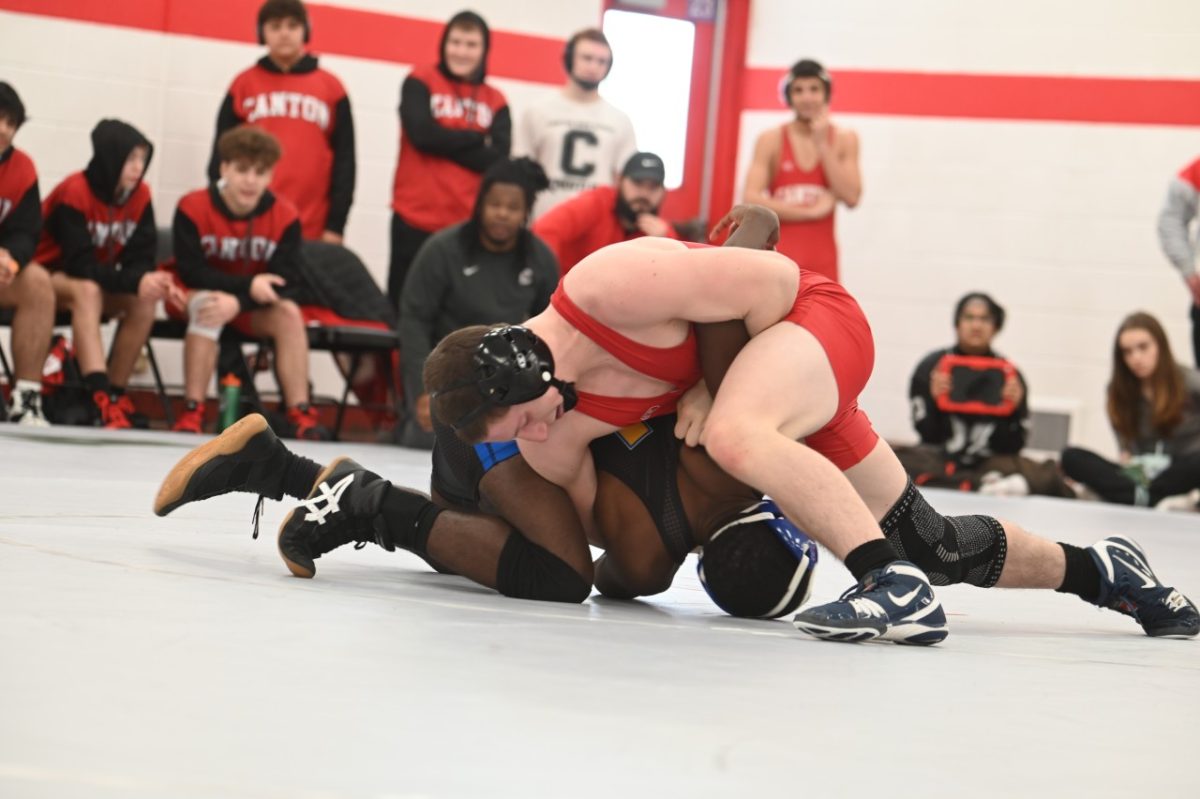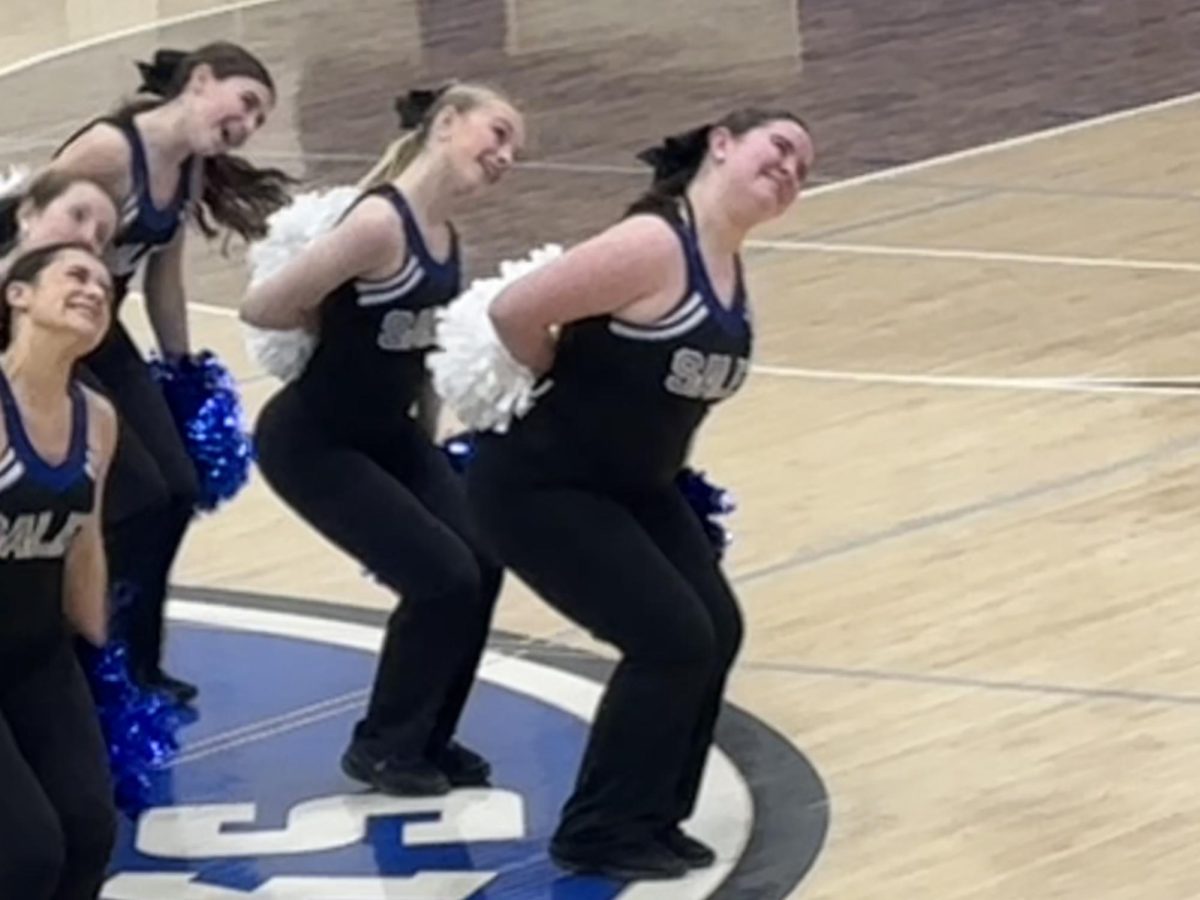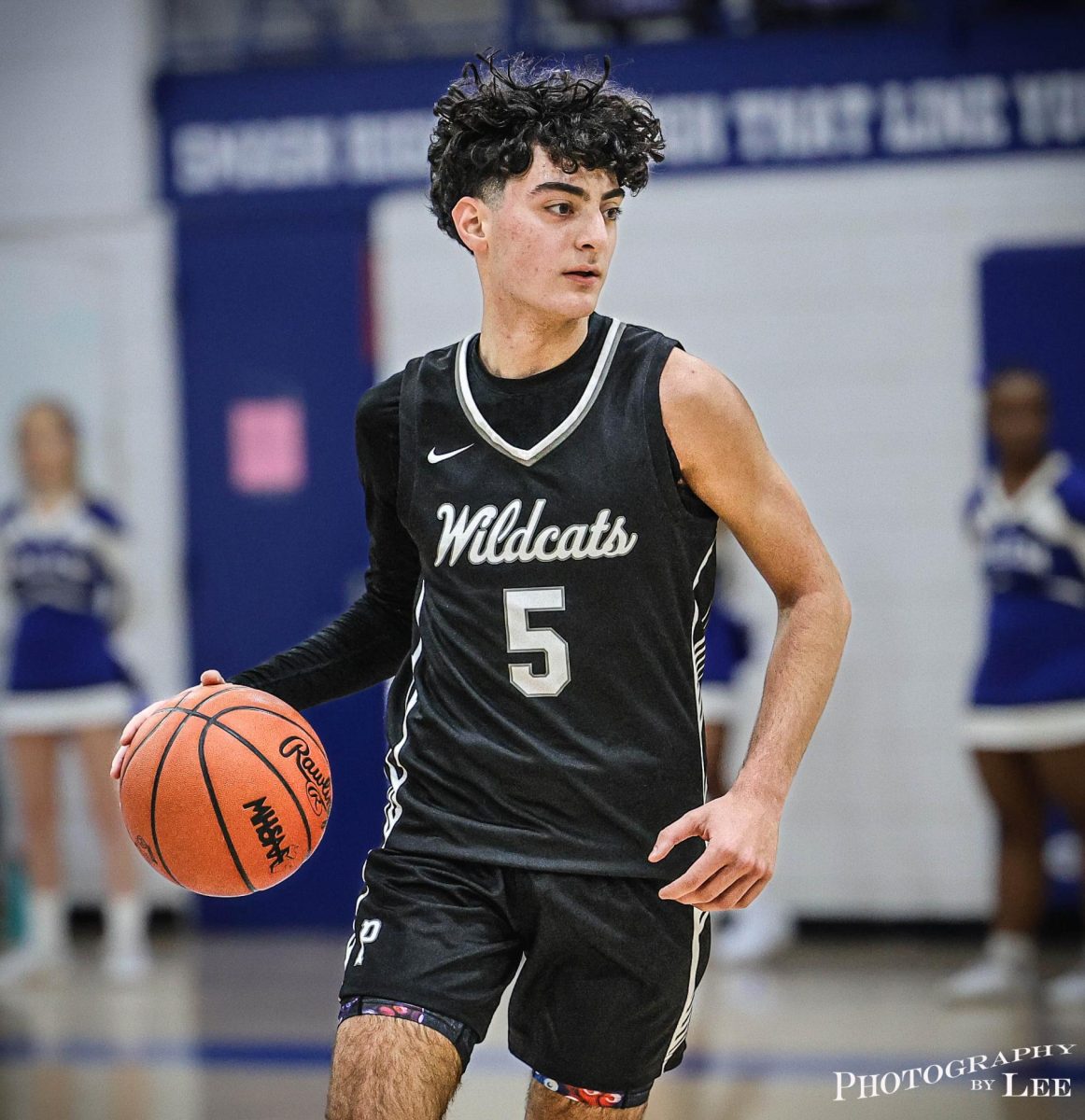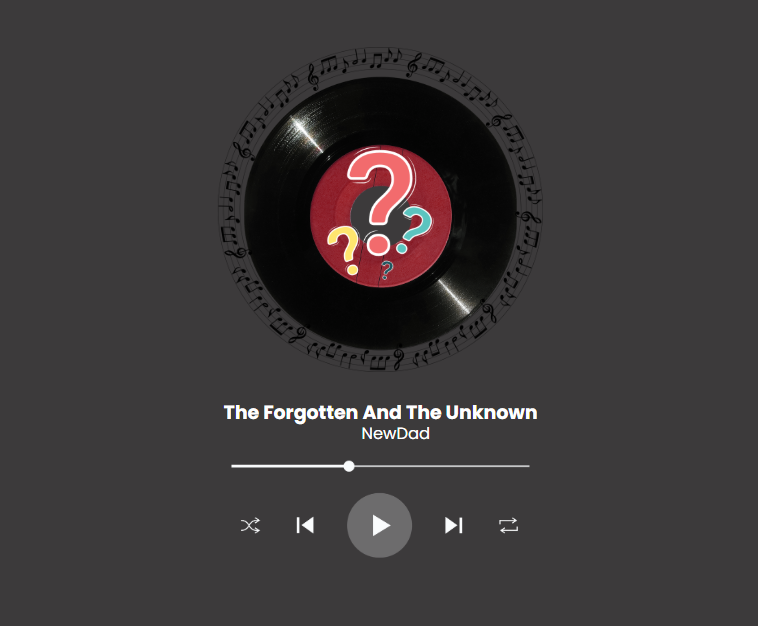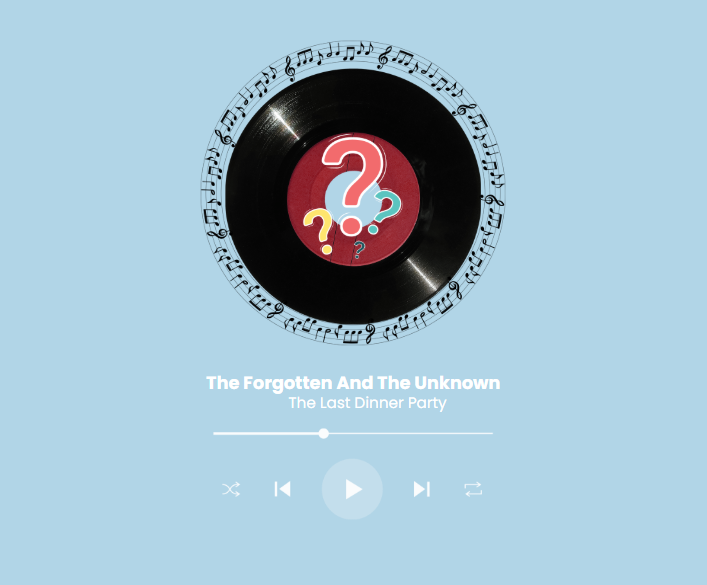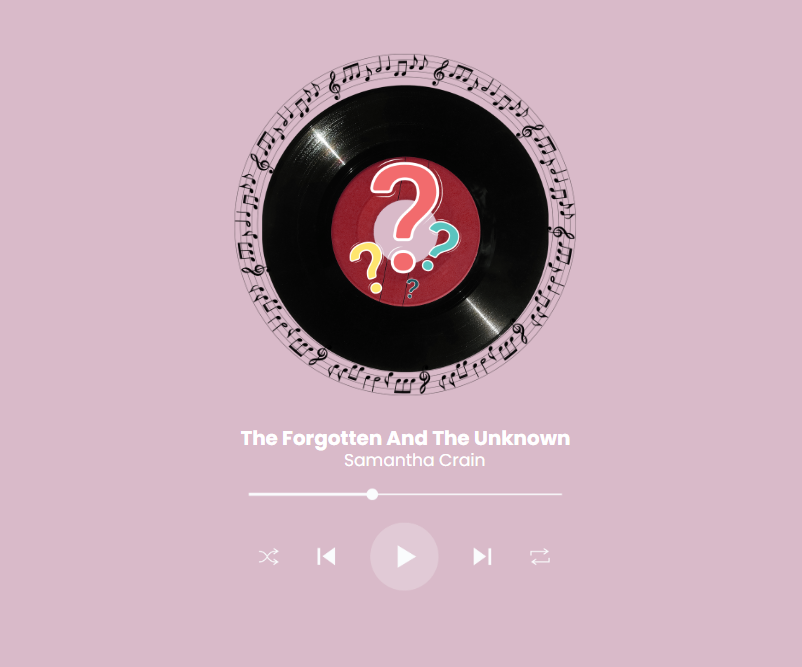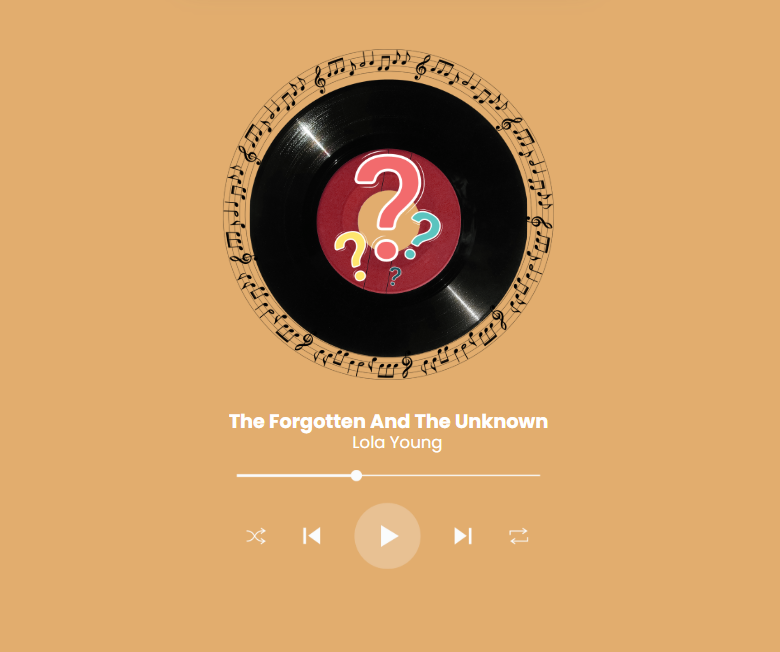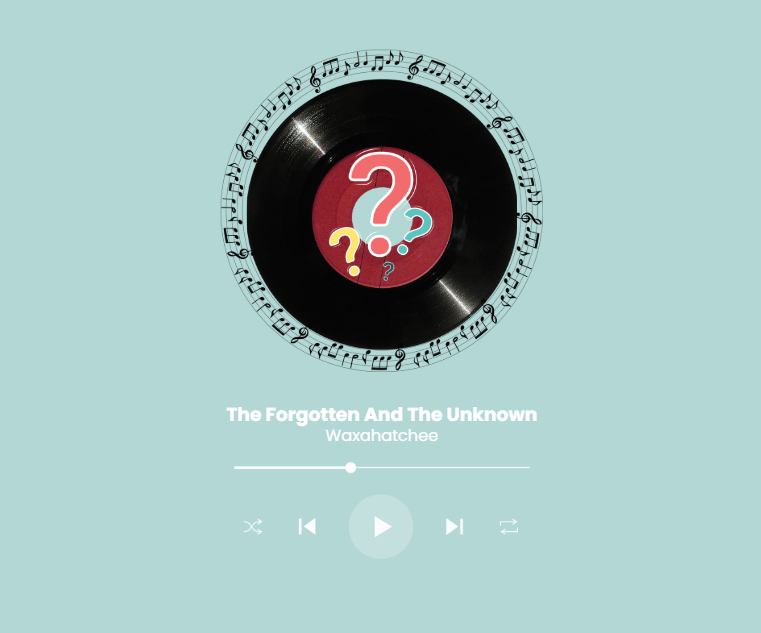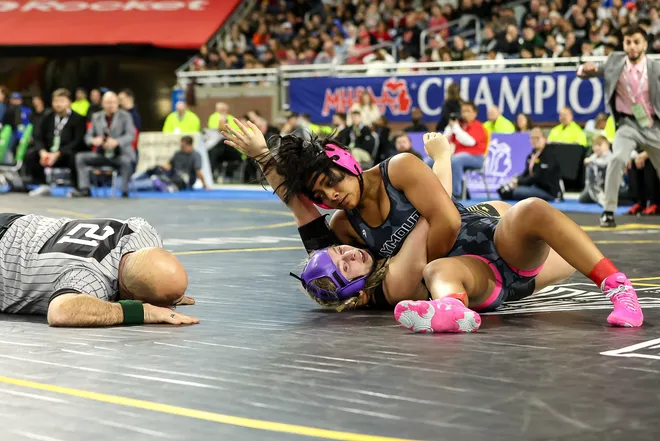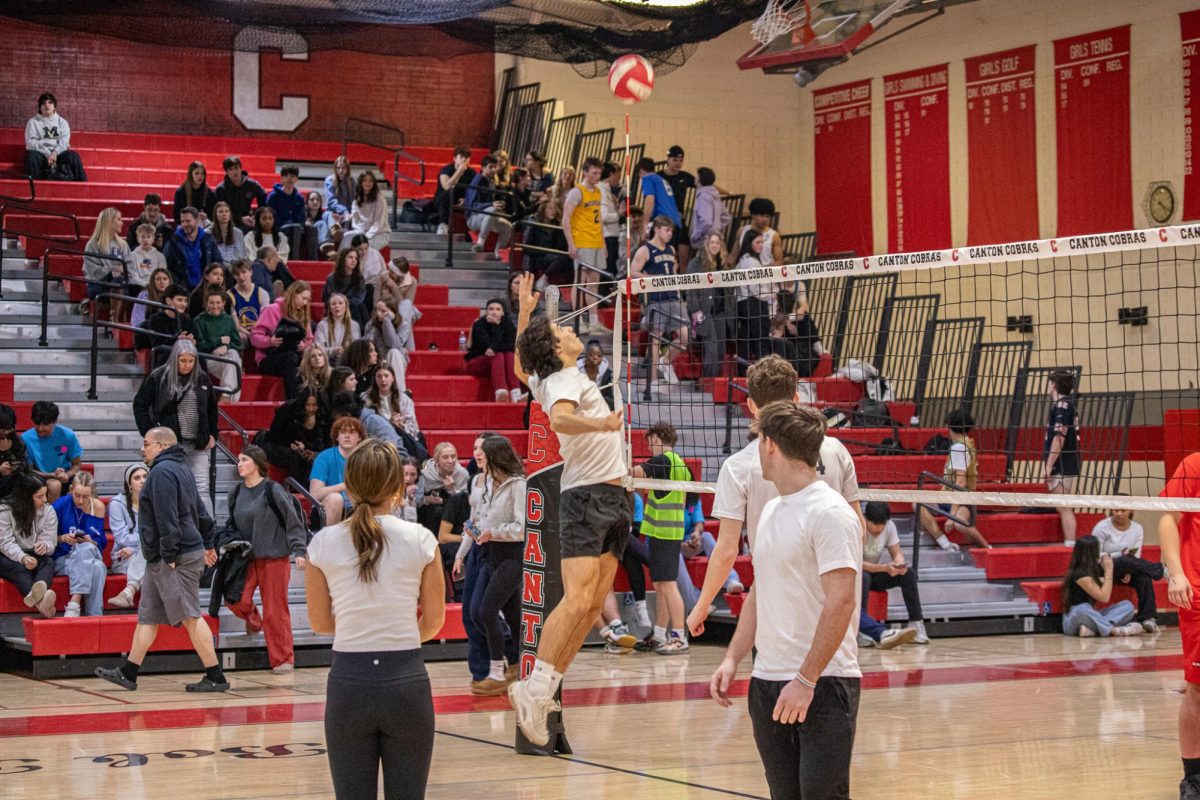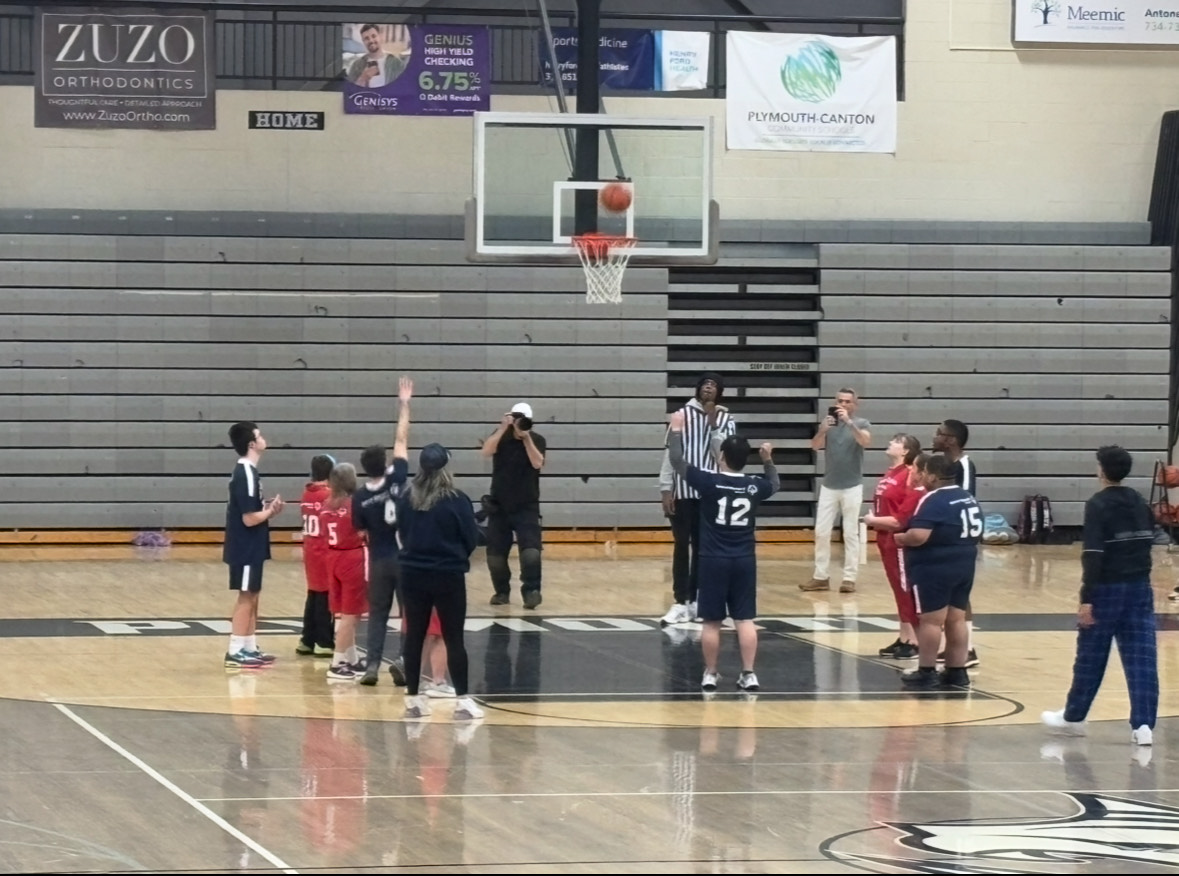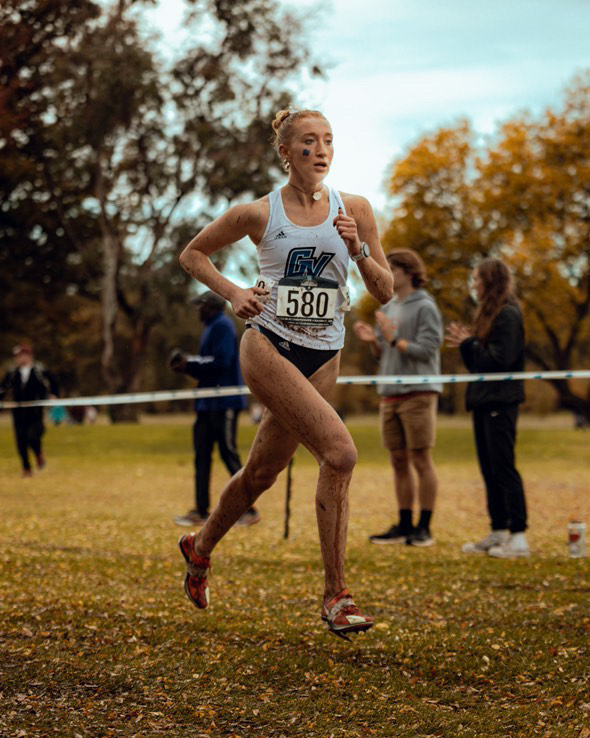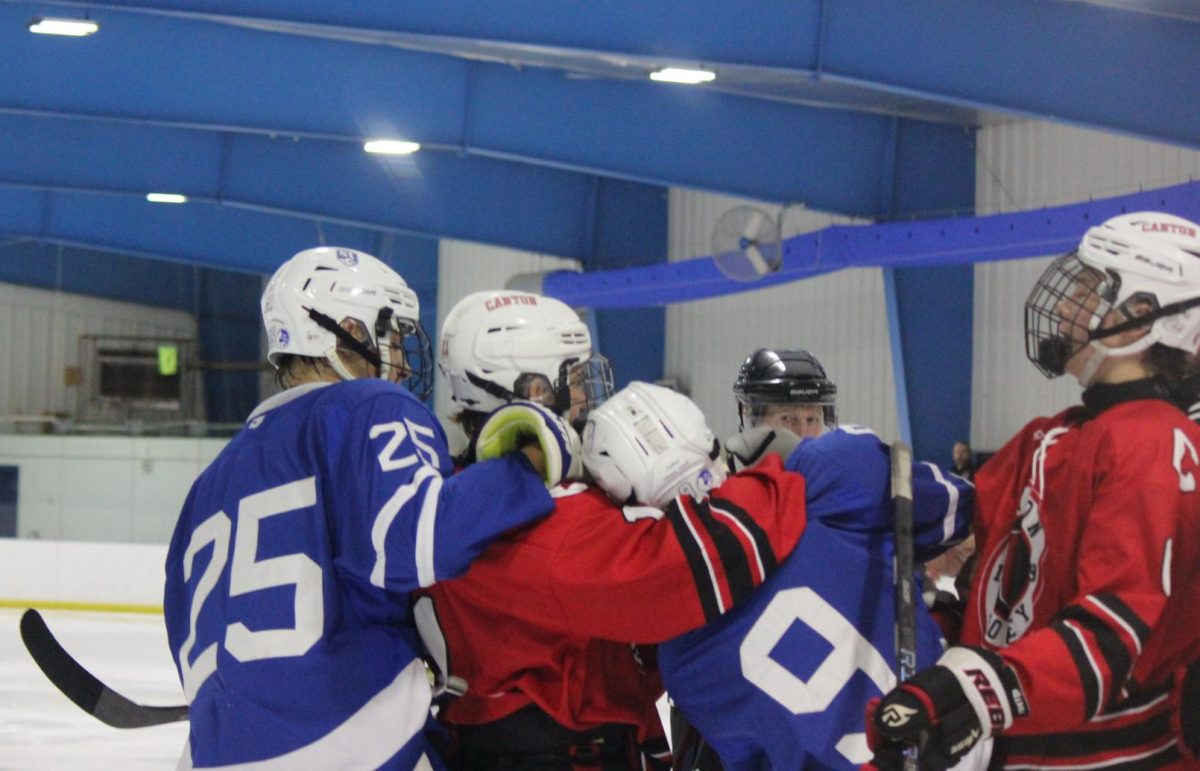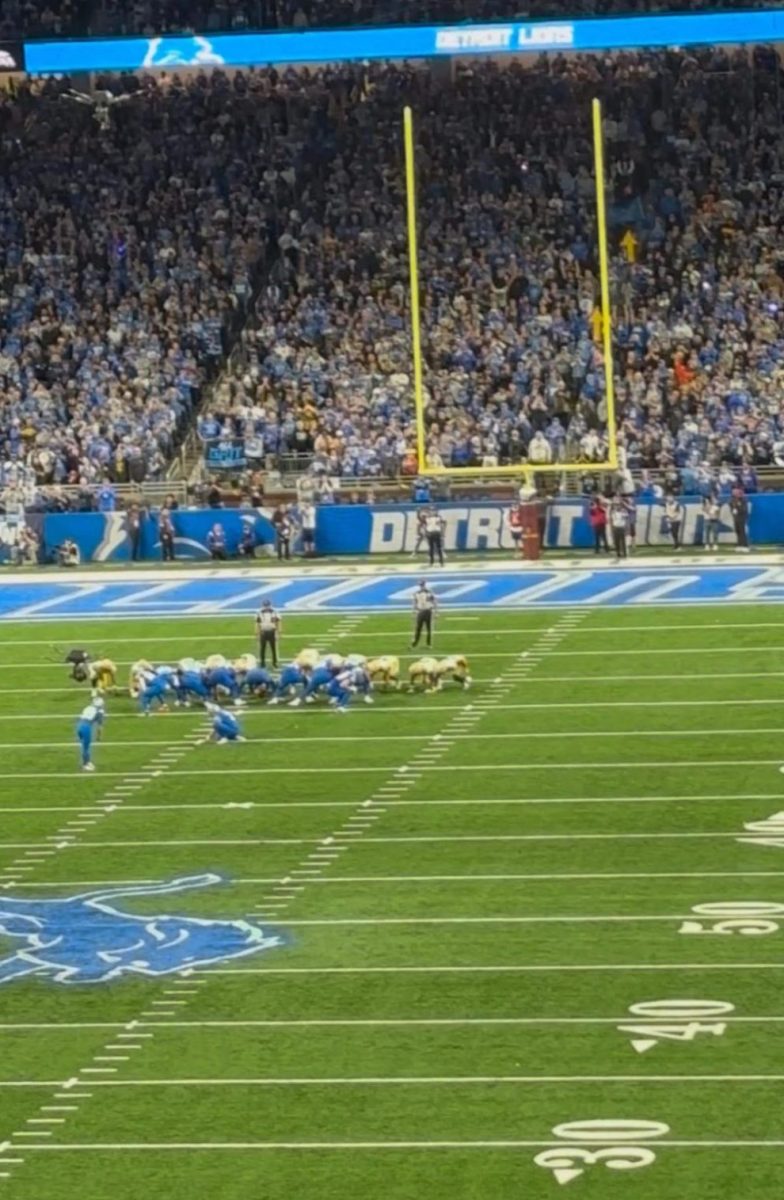Canton senior Sophia Shingles is not just a member of P-CEP’s Ski Team. She also plays varsity softball and is a member of the cheerleading team. Shingles started skiing when she was three years old, and eventually joined the P-CEP Unified Ski Team, becoming a team captain for two years. Her choice to start ski racing was influenced by the creation of a ski club at P-CEP, started by her dad. The Perspective sat down with Shingles to discuss her experience on the team while navigating through the challenges of skiing.
Molly Okon: Why did you decide to join P-CEP’s Ski team?
Sophia Shingles: Well, I started ski racing when I was six, and my dad got me into a club. It was really fun. And all my friends in this club live out towards Brighton, but they all ski for a high school team and my dad tried to make a high school team. And then I got to hang out with my friends more and ski more competitively, and I got to ski at the state level.
MO: How long have you been playing those sports for?
SS: I’ve done those through the entire high school years, so four years. Some of those I did clubs prior to it.
MO: I heard that you qualified for states. What was the process of qualifying?
SS: Up until that point, there’s a bunch of races, and then there was like, those are just league races. And then overall, there’s a couple, I guess, more important races leading up. There’s leagues, and then there’s all conferences, and divisionals, that’s one. And then there’s regionals, which you have to be top 10 in the region to qualify for states.
MO: Can you tell me about your experience when competing at states?
SS: At states I’d say that it was special, but it was really fun. Last year I qualified for states as an individual. It was still a really fun experience, but this year, qualifying as a team was a lot more fun, just because I had a bigger support system and I got to hang out with my girls. And seeing them all compete was really nice, especially because a lot of them started this year and improved so much. So it was really cool to see it pay off. It just made it a lot more fun and more engaging.
MO: Did you break any personal records?
SS: It’s kind of hard for ski racing to do that because every course is different, and all the weather conditions are different. So I mean, I got number one in the league, and then all region, all conference, but it’s kind of hard to say record, because you know what I mean, it’s different every time.
MO: Tell me about a time when you had a difficult time competing in the snow. How did you overcome that challenge?
SS: For the most part, we’ve got a pretty decent season. I mean, last year it was really warm a lot of the time so the snow is really really soft, but I overcame it because I just tried to be like, quicker and lighter on my feet, and tried to think less about it. I mean, the weather conditions are different and vary a lot, but if you just keep like, a solid mental space. That’s what I tried to do.
MO: How do you get your mind in a calm headspace before a race?
SS: When I get to the top, when I’m a couple before I go, I don’t talk to anybody and I try to keep my body warm. So I’m always moving, doing squats, or dumping my legs on the ground, like you know, throw my arms around. I just try to stay in motion and then I try to think about what the course is, like the main components that’ll lead to my success on the course. So I pick out my main important points that I need to think about. I try to run it in my head, and then I take a couple big deep breaths before, and then locked.
MO: What has being a team captain taught you this year?
SS: I was close with a lot of those people, but it just taught me, I guess, how to be leaders too, as I was captain last year. But this year, being like me and my partners last year, being seniors, we knew that we’re gonna have to pass it on and somebody else was gonna have to come up. You know what I mean? Somebody else is gonna have to step up. So I think it taught us how to, or taught me, I guess, personally, how to teach others to lead or be more supportive. I mean, it taught me. I think it made me a better skier as well, just because I was teaching others some of the things that I learned a long, long time ago and I hadn’t thought about until recently, and going back to the basics, I think it was nice. So it taught me always go back to the basics, I think to choose a more positive output. But it also taught me how to be constructive when I needed to
MO: What does the future of skiing look like for you?
SS: For college, right now, I think they have a club team, but I don’t think, I don’t know if they have like a club racing team, so I’m actually gonna go play softball at Albion. I will not be skiing there, but I think MSU has a ski racing team, like for their club, so I might do that after I transfer, but right now, it’s just softball.
MO: What advice would you give to someone who is thinking about joining the ski team?
SS: I’d say that they should try it. I’d say they should definitely try it, and it’s something I wish I would have had when I was a freshman. And I definitely feel very envious of anybody who has the opportunity to be involved with the team for four years or even three, like the ones that continue to stay and will have a longer time here than me. It’s definitely a different type of team. It’s not like others where everyone is kind of for themselve., Everyone does think for everyone else, and everyone does cheer for everyone else. So I think if you want more friends, and if you want to find people who also like to do things you like, who are also very supportive, and you want a fun activity to partake in, I think it would be very beneficial to join. I would encourage anyone to join it.



